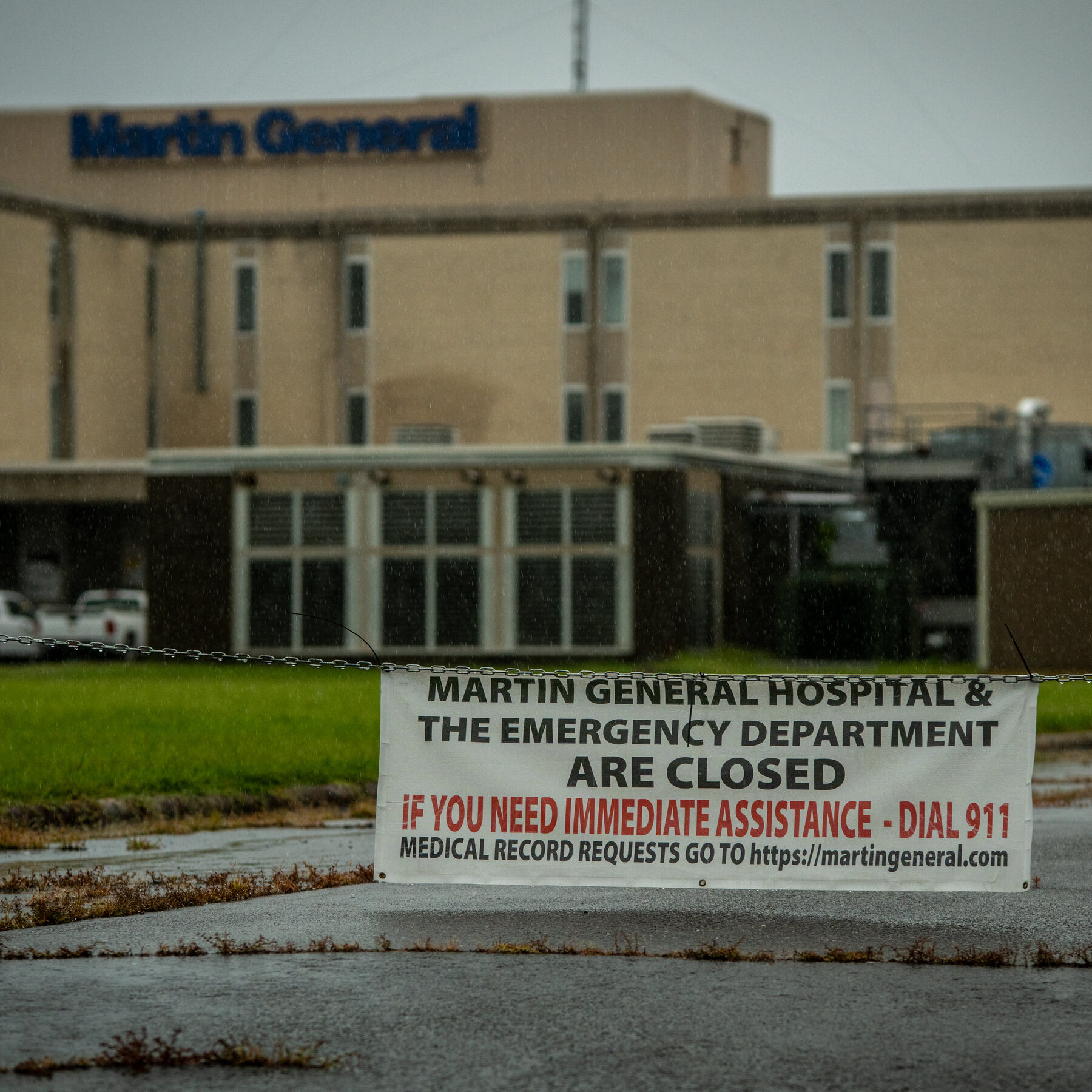North Carolina Faces Healthcare Crisis Amid Medicaid Funding Cuts

President Trump’s recent domestic policy legislation poses a significant threat to North Carolina’s healthcare system, particularly impacting plans to reopen a rural hospital and potentially affecting health coverage for hundreds of thousands of residents. The state is bracing for substantial Medicaid cuts that could have wide-reaching implications.
The legislation, which aims to overhaul various aspects of domestic policy, includes provisions that would reduce federal Medicaid funding. This has raised alarms among healthcare providers and state officials who are concerned about the ability to maintain essential services, especially in rural areas where healthcare access is already limited.
Impact on Rural Healthcare
One of the most immediate concerns is the potential delay or cancellation of plans to reopen a hospital in a rural North Carolina county. This facility was a critical healthcare provider for the community, offering emergency services and routine care to thousands of residents. The hospital’s closure had already strained local healthcare resources, and its reopening was seen as a vital step in addressing these challenges.
According to local officials, the Medicaid cuts could make it financially unfeasible to sustain the hospital’s operations. “Without adequate funding, we simply cannot keep the doors open,” said a county health official. “This hospital is a lifeline for our community, and losing it again would be devastating.”
Statewide Concerns
The potential Medicaid cuts are not just a rural issue but a statewide concern. North Carolina has a significant number of residents who rely on Medicaid for their healthcare needs. The reduction in funding could lead to cuts in services, longer wait times, and increased pressure on healthcare providers across the state.
Dr. Emily Johnson, a healthcare policy expert, explained the broader implications: “Medicaid is a crucial safety net for many North Carolinians. Reducing funding means that vulnerable populations, including low-income families, the elderly, and individuals with disabilities, may face significant barriers to accessing necessary care.”
Comparisons and Historical Context
This situation draws parallels to previous healthcare funding challenges faced by the state. In the past, North Carolina has struggled with balancing budget constraints and the need to provide comprehensive healthcare services. The current scenario echoes those difficulties, with added complexities due to the ongoing pandemic and economic uncertainties.
Historically, Medicaid has been a contentious issue in U.S. politics, often caught in the crossfire of budget negotiations and policy reforms. The current cuts are part of a broader trend of federal attempts to reduce healthcare spending, which has sparked debates about the role of government in providing healthcare.
Looking Ahead
The future of Medicaid funding in North Carolina remains uncertain as state officials and healthcare providers navigate the potential impacts of the federal legislation. Efforts are underway to advocate for alternative funding solutions and to explore ways to mitigate the effects of the cuts.
Meanwhile, communities across the state are left grappling with the potential consequences. For many, the reopening of the rural hospital represents hope and resilience in the face of adversity. As the situation unfolds, the focus remains on finding sustainable solutions to ensure that all North Carolinians have access to the healthcare they need.
The move represents a critical juncture for North Carolina’s healthcare system, with the potential to reshape the landscape of medical services in the state. Stakeholders are calling for a collaborative approach to address the challenges and to safeguard the health and well-being of residents.






